
Cow wars breed fear In Eastern EQUATORIA
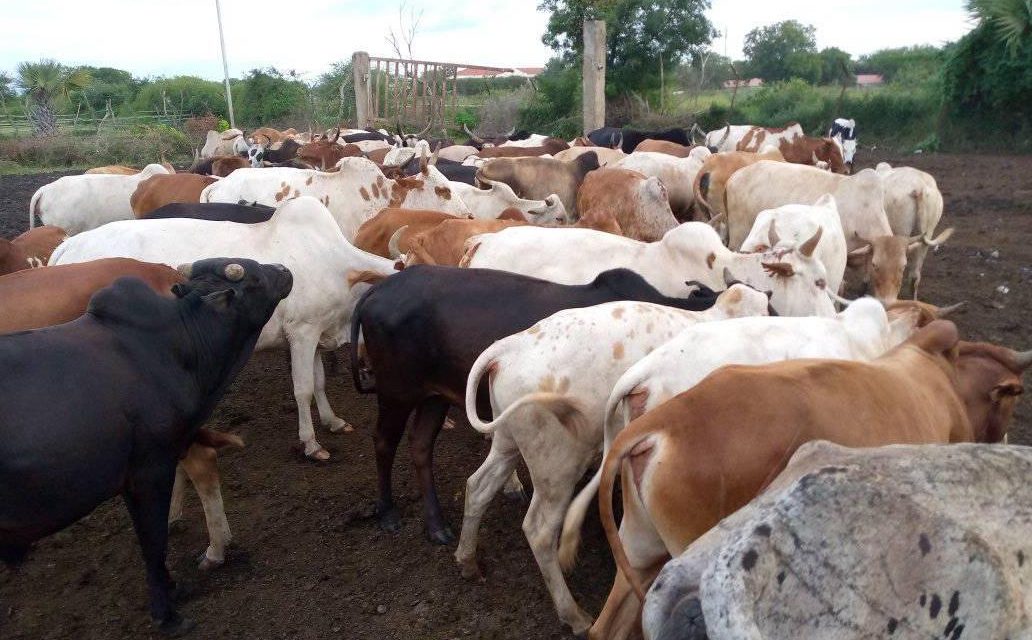
“We are not aware so we only see that they are coming there and there was no information even from their origin, the state where they came from or even from their leaders; that our people are running for this reason. can you receive them, can you allow them to stay; nor from the national government.” Governor Lobong told The Insider.
By Daniel Garang Deng in Torit and David Mono Danga in Juba
Harassment, intimidation, rape, unlawful arrests, and beatings are some of the crimes some residents of Magwi County, Eastern Equatoria State are accusing cattle keepers from Jonglei state of committing.
They also accuse some South Sudan People’s Defense Forces (SSPDF) soldiers of colluding with cattle keepers to abuse the host community.
Local leaders in Magwi County said the cattle keepers are abusing civilians in Agoro Payam whose occupants are primarily crop growers.
Agoro Chief, Otto Washington Okwera said many cattle keepers graze their cattle on crop farms intentionally.
“When you dig the cattle come and destroy all the things in the garden and the situation remains worse.”
Okwera said locals are not even allowed by the cattle keepers to follow up or report cases of cow eating crops; otherwise they would face heavy punishment as a result.
“The owners of the cattle give us a hard life because when the cattle have eaten the [crops in] the garden, and you go and follow, they will turn that you want to steal their cattle [and] you will be beaten thoroughly.” Chief Okwera told The Insider.
In between July and August several people were arrested and tortured in Magwi by the soldiers who were believed by the locals to be backing the cattle keepers to harass civilians in greater Magwi County.
Among these people was the Payam Administrator of Agoro Payam, Joseph Oryem who was beaten to hospital level after the cattle keepers accused him of refusing to give them grazing land.
Oryem Agoro said he was not allowed to defend his citizens either, especially when they are being harassed before him.
In late July this year a group of SSPDF soldiers beat up a woman before Oryem, after drinking her locally brewed alcohol worth 45,000 South Sudanese Pounds. Oryem said when he tried to defend this woman, the soldiers lashed on him and beat him until he broke an arm and lost consciousness.
“When I asked (the soldiers) why they were beating the woman, immediately they turned on me and started beating me. I was beaten for defending this woman, but I am an administrator. I’m not an administrator of animals; I’m an administrator of human beings.”Oryem narrated his ordeal.
“Actually, I was not beaten by the cattle keepers but these soldiers who are brought here to defend the cattle…When I was taken to Magwi for medication, the following morning they got three people, tortured these people for no reason and only released them after the issue was reported to the headquarters.” administrator Oryem added.
The SSPDF soldiers had offered the woman ammunition to pay for the alcohol they had drunk instead of money. The woman refused, causing her arrest and detainment by the soldiers. Oryem said that was why he had to intervene and rescue her because trading in ammunition is illegal in South Sudan.
These abuses, he says, are scaring the civilians in Magwi County and some residents have even fled to neighboring Uganda or Kenya for fear of losing their lives.
In Nyolo Boma, the SSPDF soldiers alongside the cattle keepers attacked mourners at a burial claiming those at the funeral hard stolen their guns, according to Oryem it was a concocted claim to get an excuse to beat, harass and intimidate the residents of Nyolo Boma.
“This has now brought insecurity to my people in Nyolo Boma.” Oryem revealed.
Since the cattle keepers maneuvered their way into Eastern Equatoria, especially Magwi County, there has been an increase in human rights violations including rape of women and girls, and abduction of children. The host communities suspect the pastoralists.
Ocholo Bosco, the youth leader of greater Magwi County said about seven children were abducted by the cattle keepers between May and June this year. Bosco said even refugees in Uganda and Kenya fear to return back to their places of origin in Eastern Equatoria due to insecurity caused by the presence of cattle keepers in their villages.
“We really need these people out of the place otherwise if they don’t move one day; they will cause a lot of problems in the communities.” The youth leader said.
“If they continue staying there many of these civilians may even evacuate those villages and move to where it’s at least safer. If they leave the area, automatically these people will stay permanently in our area which really we don’t encourage. “Bosco added.
Ochaya James, crime officer at Magwi county police confirmed four children were abducted and two.
“The child abduction happened in Ayii Boma in the Agoro area.” James said, adding two were rescued by the police.
“There have been cases of child abductions but the perpetrators were not brought to book.” James told The Insider.
Eastern Equatoria State Governor Louis Lobong said his government was never notified of the coming of the pastoralists. He said they never asked for permission to graze their cattle in the farming communities of Acholi and Madi either.
“These cattle keepers, they came [and] there was no information, they have never asked the host communities that can you allow us to graze, nor we the state government.”
“We are not aware so we only see that they are coming there and there was no information even from their origin, the state where they came from or even from their leaders; that our people are running for this reason. can you receive them, can you allow them to stay; nor from the national government.” Governor Lobong told The Insider.
Abraham Makur, secretary general of cattle keepers in greater Magwi County denies cattle keepers are abusing civilians, but admits hundreds of heads of cattle are being transported to Eastern Equatoria, due to insecurity and recent floods in Jonglei state.
He warns that more and more people and cattle are migrating to the Equatoria region from Jonglei.
“It’s not only the greater Magwi but we talk of the Equatoria, they are coming to Equatoria because their area is now flooding in Bor.”
“At the moment, there’s no way we can tell the cattle keepers to go back to Jonglei because there’s nowhere people can settle. And even those who are living in Bor, some people have now crossed to Awerial, some have come to Mangala, [and] some have come to Juba. So, there’s no place now in Jonglei.”Makur declared.
Makur is calling on communities to be patient with cattle keepers until the flood waters have subsided in Jonglei state, then cattle keepers will go back home.
Governor Lobong said state officials are working to peacefully resolve the conflict, through dialogue between pastoralists and Jonglei state leaders but warns this should be mistaken for a weakness.
“It doesn’t mean that we are not capable of taking or making these people leave Eastern Equatoria by force.” Lobong told The Insider, adding there’s going to be confrontation, fighting and loss of life.
“People will die, and we don’t want that. We need to talk, we need to understand why they are here, how long they will be here and when they will go back.” The governor explained.
In 2017, President Salva Kiir issued an order for pastoralists to leave the Equatoria region and return to their place of origin since most communities in Equatoria grow crops.
Lobong said that order remains in place in Eastern Equatoria but must be implemented by law enforcement agencies, including the SSPDF.
Contradictorily, SSPF spokesman Major Gen. Lul Ruai Koang said the 2017 order is stale and the only way to drive cattle keepers out of Equatoria is if the president issues a new order.
“At the time all those who came from neighboring states were ordered to go back with their livestock. Those who came from the Lakes went, all those who came from Western Equatoria went and those from Jonglei [state] went.” Koang said.
However, there has been an issue of cattle keepers from Jonglei state coming back to Equatoria in violation of that republican order that was issued.“There’s a need for another one to be issued for us to implement the return of cattle herders.” Said Koang, noting that all previous orders have been implemented by law enforcement bodies.

















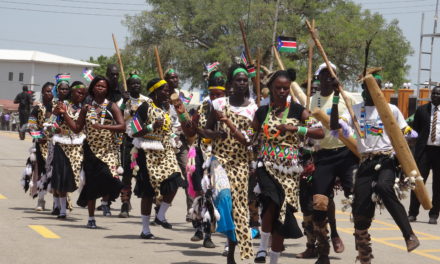
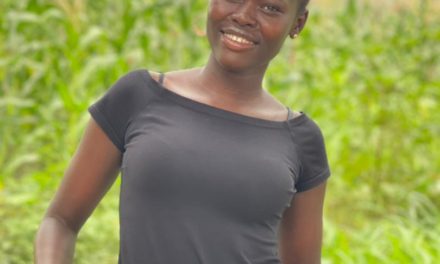
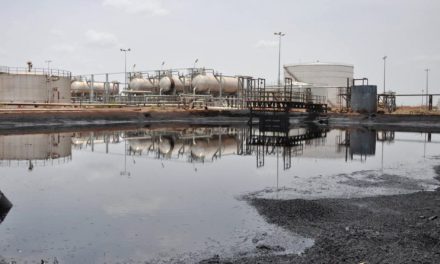
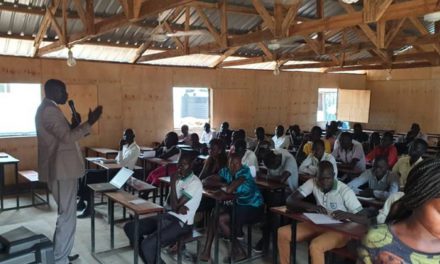
Recent Comments